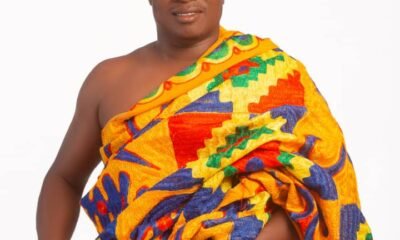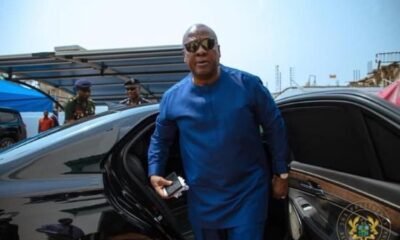News
Find alternative sources of funding for HIV- African leaders told
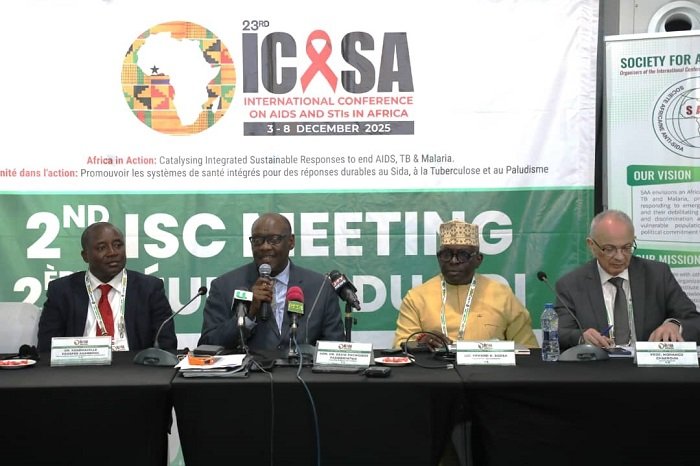
There is growing pressure on Ghana to secure alternative sources of funding for the control and management of HIV due to the United States foreign aid funding cuts.
The Director-General of the Ghana AIDS Commission, Dr Kharmacelle Prosper Akanbong, made this disclosure on Friday at the second International Steering Committee meeting held in Accra.
It formed part of preparations for Ghana to host the 23rd International Conference on AIDS and Sexually Transmitted Infections in Africa (ICASA) scheduled for December 3-8, 2025 and expected to attract over 12,000 participants from different backgrounds, including healthcare professionals, policy makers, scientists, and civil society organisations.
Dr Akanbong explained that with the huge number of patients with the virus, it would be important for government to find alternative sources of funding to avert what could be a calamity.
According to him, “The issue of sustainability has been on the table for some time, but with likely reductions in U.S. support, we must act quickly. African governments need to build financial resilience and present strong investment cases to maintain our programmes,” he stated.
He described Ghana’s hosting of ICASA as a major step in the country’s HIV response.
“For the first time, Ghana is hosting ICASA. As the local organising committee, we have a number of responsibilities. We’re expected to provide scholarships for about 500 young health workers and students. We also have to make sure venues such as the Accra International Conference Centre were ready,” he mentioned.
Dr Akanbong further noted that beyond its public health value, the conference would also have economic and research benefits, adding that “this is an opportunity to showcase Ghana’s progress in HIV response and to position the country more visibly in global health discussions.”
The president of the Society for AIDS in Africa (SAA) and Chair of International Conference on AIDS and Sexually Transmitted Infections in Africa (ICASA), Dr David Pagwesese Parirenyatwa, also called on Africans to wake up to the challenge of strengthening health systems on the continent.
He said the continent cannot continue to rely on donor funding but must now look inward to find other avenues to prioritise the health of its people.
He said the continent had depended on donor funds for far too long which poses a security risk.
“This is a wakeup call, we cannot continue to rely on American aid. We must begin to mobilise our own resources from oil, gold, platinum and other natural resources,” he stated.
Prof. Muhammad Chakron, Vice President of the Society for AIDS in Africa, said ICASA 2025 comes at a time when global health funding is under strain.
He urged African countries to increase their investments in HIV, TB, malaria, and health research.
“This is necessary to keep making progress, and we expect it to be thoroughly discussed at the upcoming conference,” he added.
By Jemima Esinam Kuatsinu
News
Embrace peace, reconciliation …Pres Mahama tells Muslims

The President, John Dramani Mahama, joined Muslims all over the country to celebrate Eid- ul-Fitr at the Black Star Square on Monday to climax the 30-day period of fasting.
Led by the National Chief Imam, Dr Osman Nuhu Sharubutu, intercessory prayers were offered with hundreds of worshippers in attendance.
Addressing the congregation, President Mahama reflected on the values of Ramadan and urged Ghanaians to embrace peace, reconciliation and generosity.
“Ramadan teaches us sacrifice, discipline and compassion – values we need to build a prosperous nation,” he said.
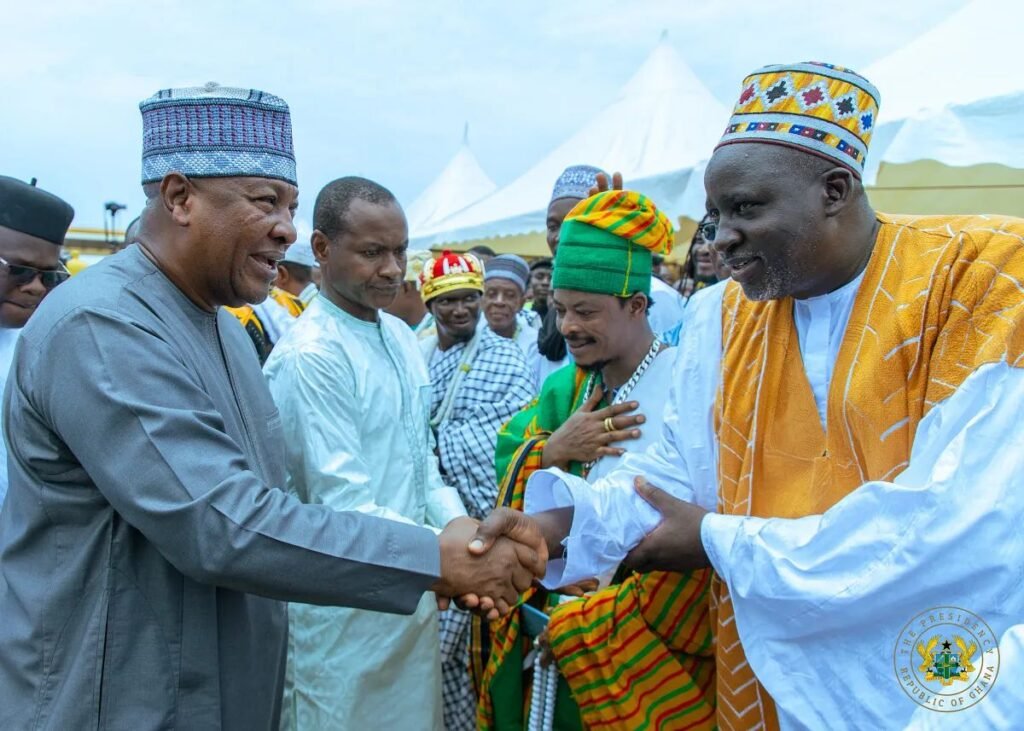
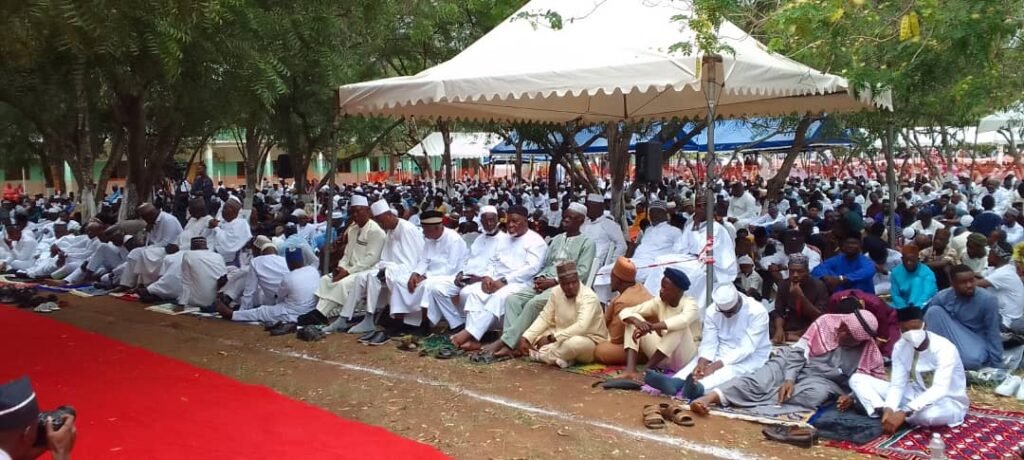
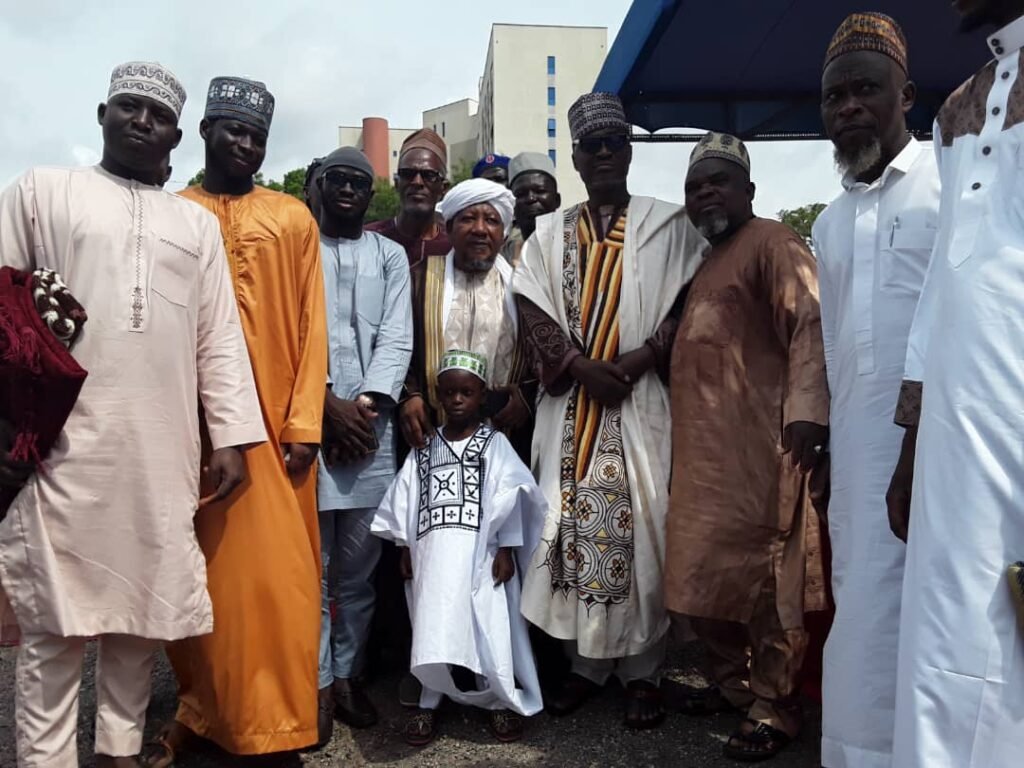
President Mahama acknowledged the contributions of Muslim communities to the country’s development, particularly in education, health care and entrepreneurship.
He renewed his call for an end to the conflict in Bawku, urging factions in the conflict to “give peace a chance.”

Synonymous with the celebration, families gathered and shared food and soft drinks with neigh-bours and loved ones while others stepped out gallantly in white and radi¬ant outfits for the occasion.
Here are scenes from the celebration from the Black Star Square and other places.
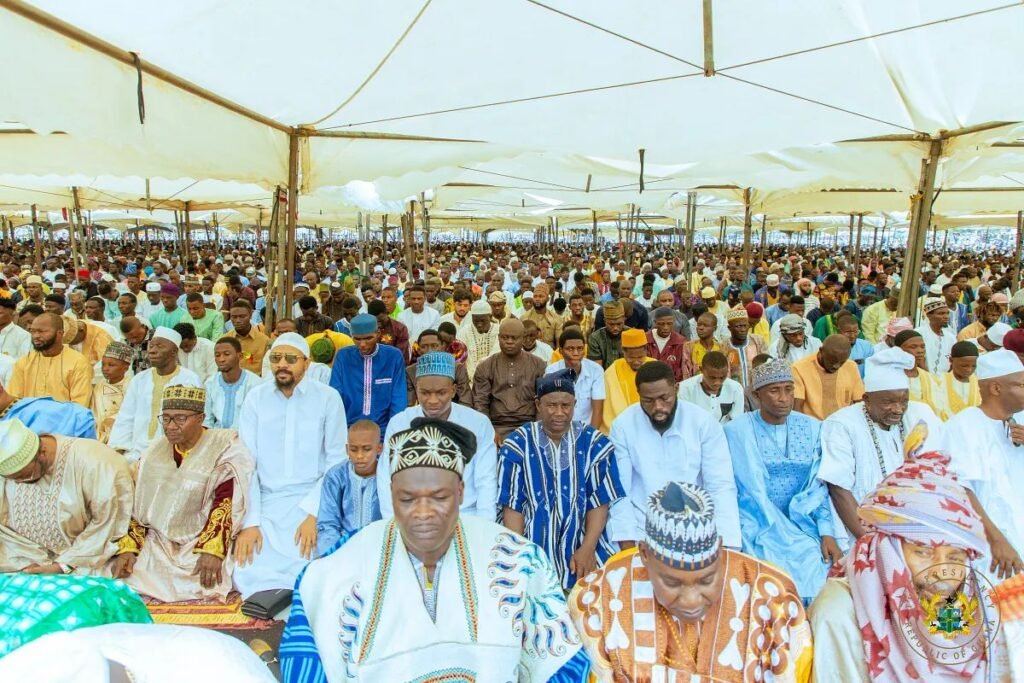
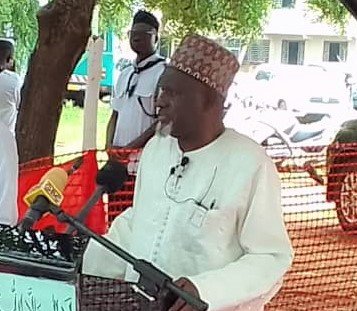
gathering at Ashongman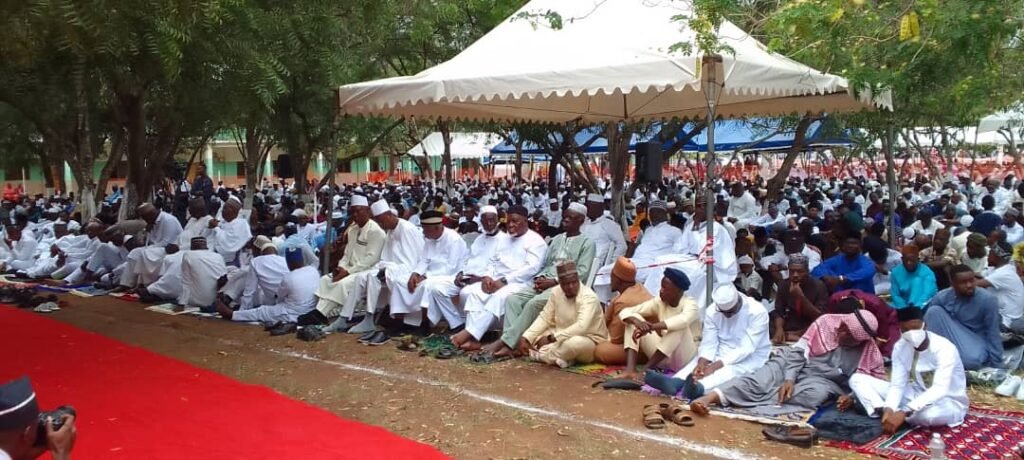
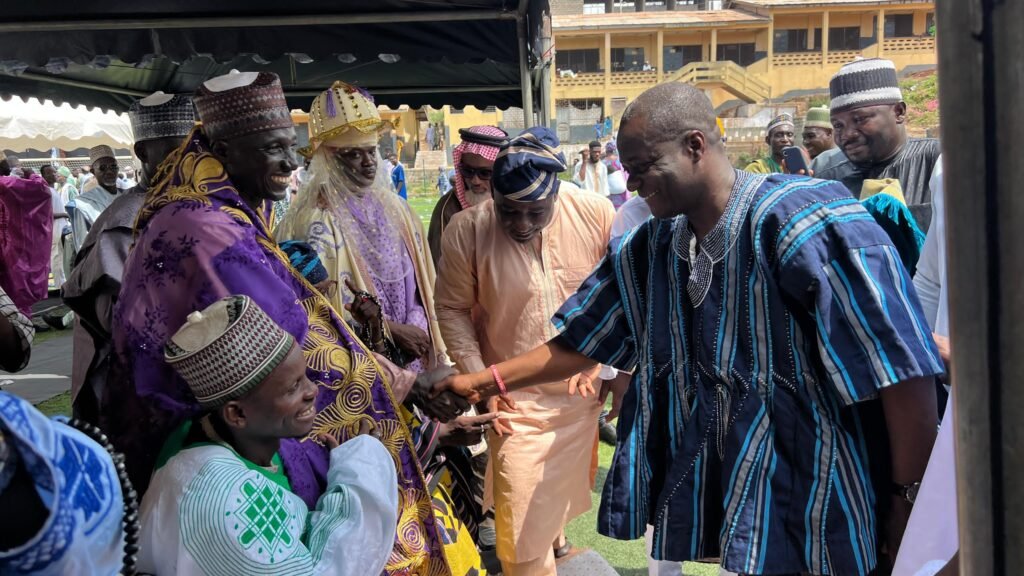
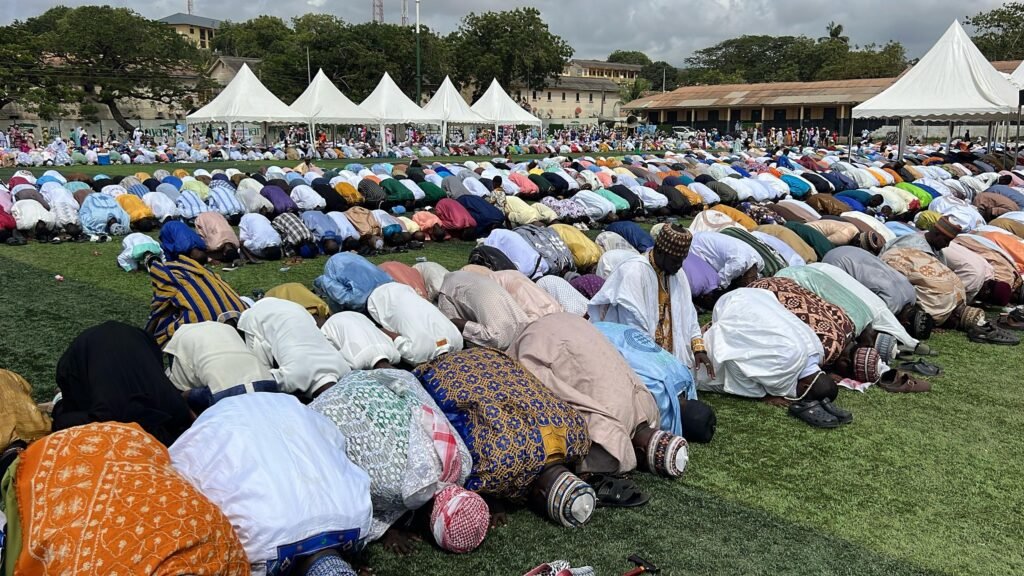
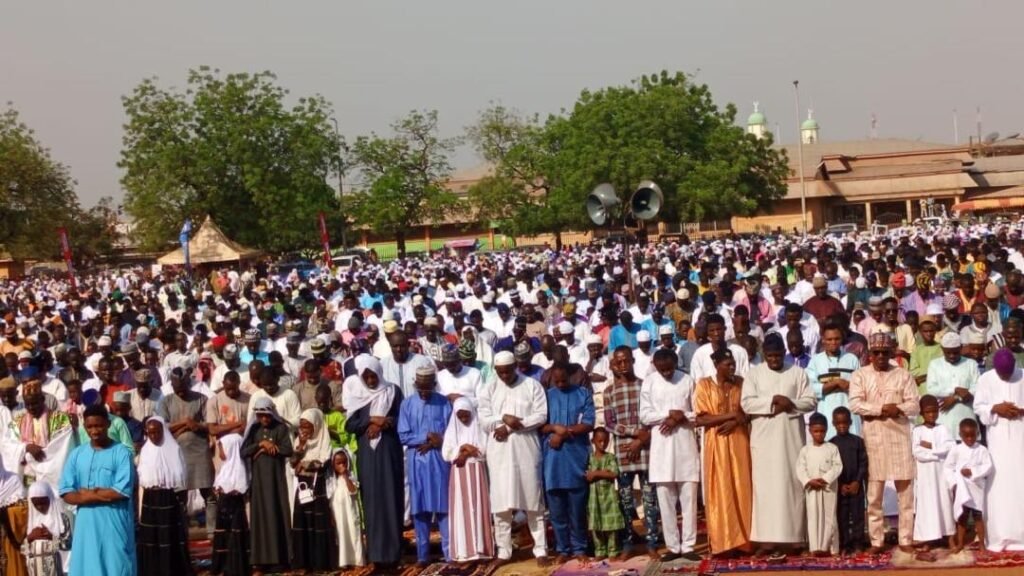
By Linda Abrefi Wadie
News
Cut in USAID funding: Uncertainty, fear grip health workers, patients in N/R

In the remote village of Karaga, a midwife at the local health centre is running out of options.
The centre, which serves hundreds of women and children, has been severely affected by the recent suspension of USAID funding.
Without essential medical supplies, Fati and her colleagues are compelled to take difficult, sometimes heartbreaking decisions.
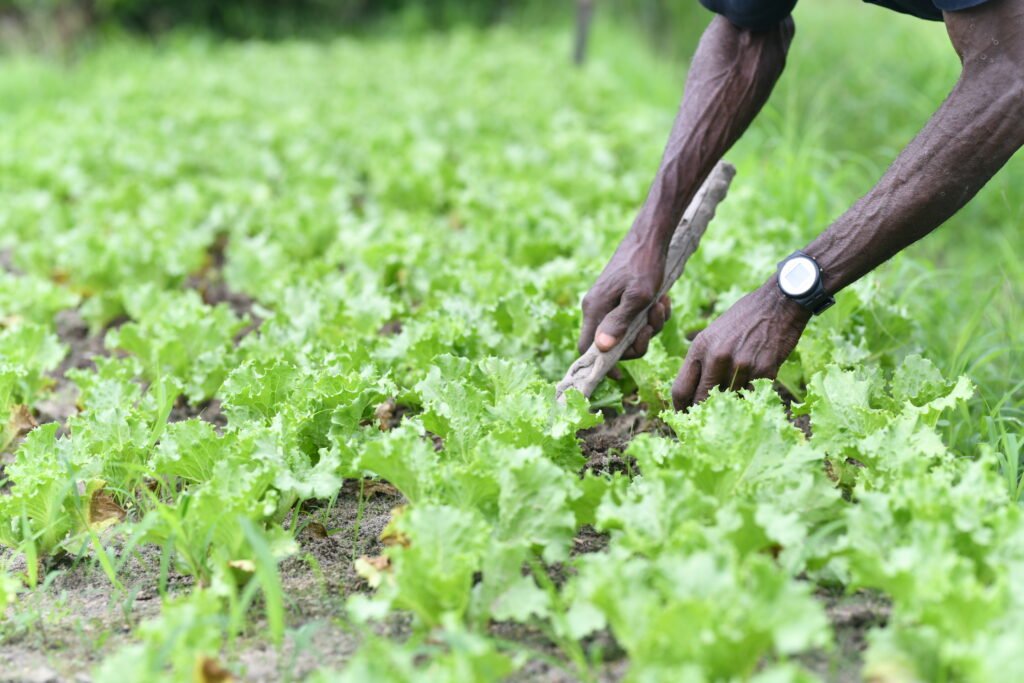

“Just last week, we had to send a pregnant woman to another facility miles away because we didn’t have the right drugs to stabilise her condition,” she says with frustration in her voice. “We don’t know how long we can keep going like this,” she added.
Fati’s story is one of many unfolding across Northern Ghana, where USAID-funded programmes provide crucial support for maternal health, malaria treatment, family planning, and HIV/AIDS care.
The sudden funding halt announced last week has sparked widespread fear and uncertainty among health workers and residents, who now face the grim reality of a potential healthcare crisis.
Mohammed Karim, HIV patient and a father of five, worries about his life and that of his children.
“I am afraid in some few days to come, my health would deteriorate because without medicine, what are we supposed to do? We rely on the clinic, but now even the nurses are helpless,” he laments.
“Our lives will be miserable if no intervention is made. What are we going to do with all this stigma around us?” she asks with a chilly voice.
Health officials have warned that if no immediate action was taken, the suspension could lead to a surge in preventable deaths.
A Health worker (name withheld), describes the situation as dire.
“Many of our facilities are dependent on USAID-supported supplies. Without them, we will see increased maternal and infant mortality, more malaria cases, and disruptions in HIV/AIDS treatment,” he explained.
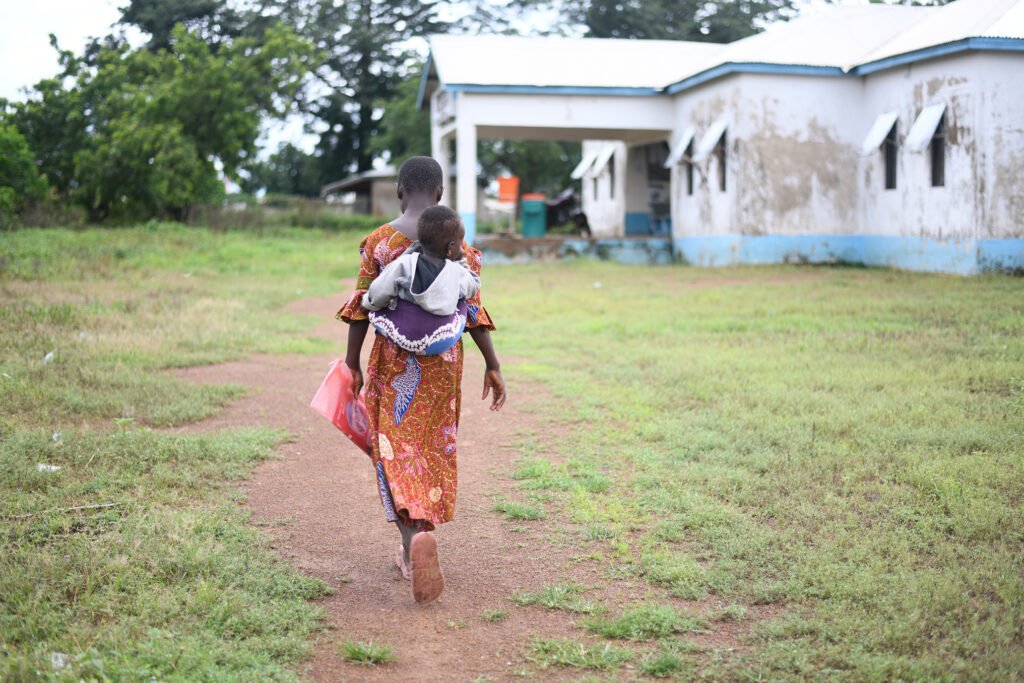
“As you can see, all these women are here for medication and other supplies for their children, but with the directive by President Donald Trump in stopping the distribution of medical supplies they are stranded,” he added.
The impact is already being felt. Health centres are reporting dwindling stocks of antimalarial drugs, contraceptives, and HIV test kits. Without urgent intervention, experts warn that years of progress in public health could be reversed.
In response, President John Dramani Mahama has directed the Ministry of Finance to explore ways to bridge the financial gap left by the USAID funding cut.
However, no clear timeline has been provided for when alternative funding might materialise. In the meantime, local health authorities and international organisations are scrambling to find emergency solutions.

For parents like Hajaratu, a mother of four, the situation is unbearable. “This is a matter of life and death. We need help now!” she pleads from the overcrowded health centre.
As uncertainty looms, communities across northern Ghana can only hope that aid arrives before the situation spirals out of control.
From: Geoffrey Buta, Karaga


